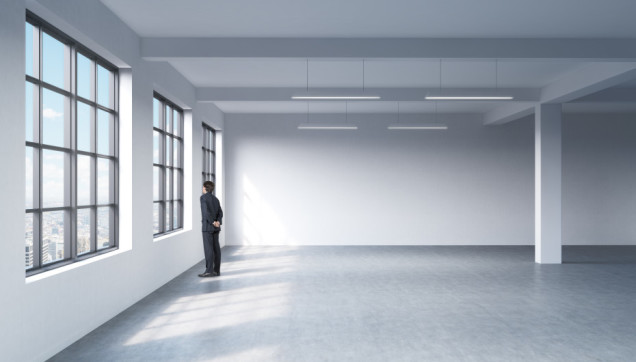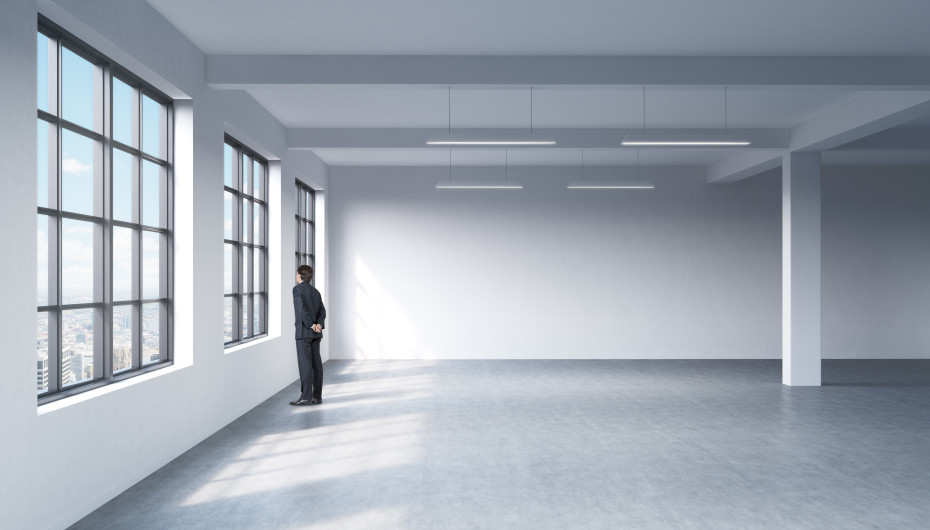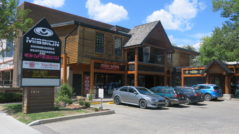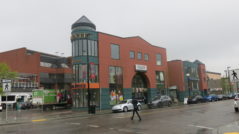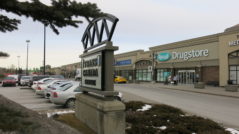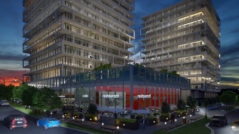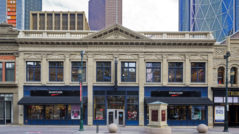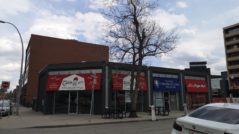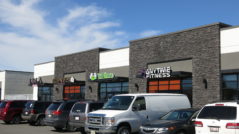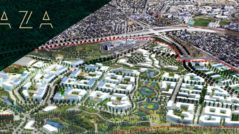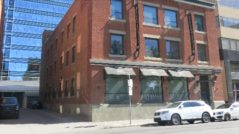Before you sign a commercial lease, it is always important to be prepared to ask a number of questions. As a business owner, you need to know exactly where you stand at the very start of a property lease. After all, your business will depend on how well the property functions for you.
Here are 10 questions that you should always ask before signing a commercial lease.
1. How long has the property been owned by the landlord?
This can help determine how much the landlord knows about the property. Newer owners tend to know less about the building and could also have a large mortgage. Landlords who have owned the property for a long time usually have better expectations of tenants.
2. How long is the lease?
You need to know exactly how long you are able to use the leased property. You also need to establish exactly when the lease starts and what happens if the property isn’t ready for the start of the lease – for example, if building work hasn’t finished.
3. Is subleasing possible?
If you find that you need to expand and have larger premises, but are still tied to a lease, subleasing could be an option for you. You should if this is possible, and if you can keep profits from charging higher a higher rent.
4. Will the rent be increased?
Costs in the property market can be very unpredictable. You need to know if rents will be reviewed annually and what the predicted rise will be.
5. Can the lease be renewed when it expires?
There are various options for the renewal of the lease. These should be determined before signing. The landlord doesn’t have to renew the lease. However, some leases are renewed automatically; others give the first refusal to you, the current tenant.
6. Who is responsible for insurance?
You should know if the landlord’s property insurance covers tenants, or if you need to have your own insurance policy.
7. What utilities are included in the rent?
There are various utilities that may or may not be covered in the rent. These are electricity, water, cleaning, and HVAC (heating, ventilation, and air-conditioning).
8. Who pays for property improvements?
If you need to carry out property improvements in your rented space, you need to know who pays for them. Any improvements, even décor, may also have to be approved by the landlord.
9. What happens if your landlord goes broke?
Make sure that your lease contains a “non-disturbance” clause. This can give you rights to continue your lease with the building’s new owners.
10. Is the building for sale?
It may not always be obvious that a building is up for sale. If the building owner plans to sell the property, this can have an impact on whether you want to sign the lease or not.
If you are planning to sign a commercial lease on a property, make sure that you know exactly where you stand in all situations. That way you can make sure that you devote all your time and energy into your business, not sorting out legal problems with your lease.

